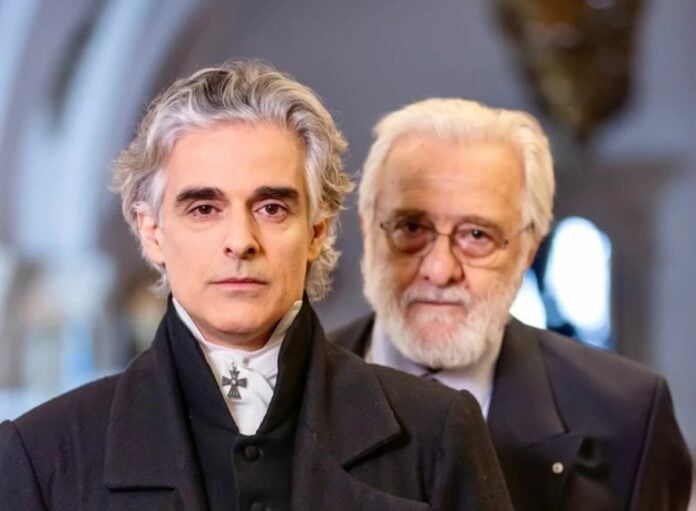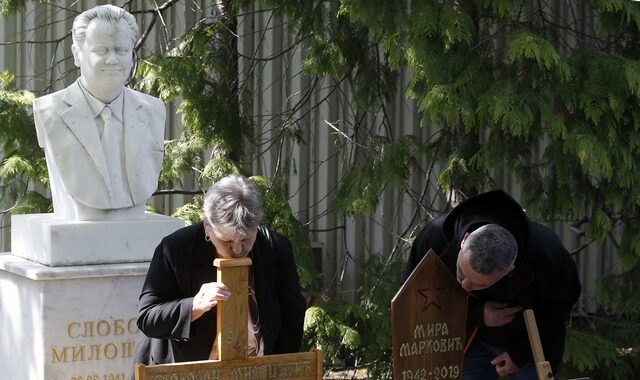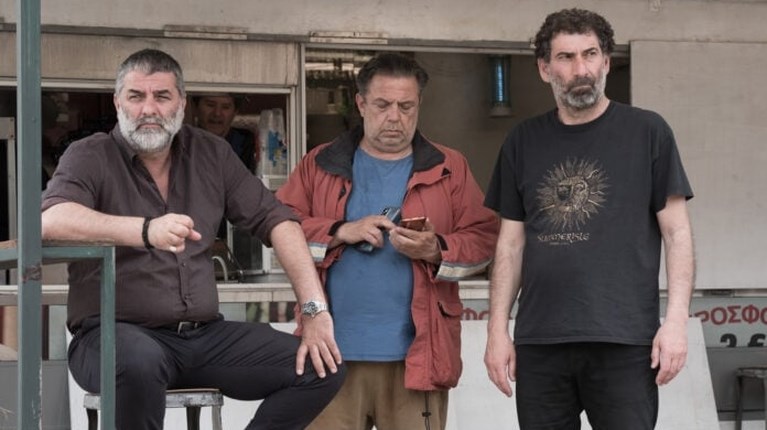ALIENATION, FREEDOM OF SPACE AND TIME
by Giannis Fragoulis
(psychoanalyst)
translation: Charikleia Tsaousi
In our leading days, is more and more obvious the matter of commercialization’s character of human’s daily life. More and more human becomes the subject of a specific and prescribed procedure which concerns the social field and it has to do with his daily attitude , his daily speech , and with all these events which define his stigma from family to narrow and wider social field. At the end, they mold in a radical way his identity, his character itself. In these explanatory notes we will cite at the alienation of human character. investigating the procedures which contribute to it, from growing commercialization of his life.
What it matters about the building of one’s character, his identity itself, is the perception, the intake and, in the end, the procedure of data of what we will have called reality. From the beginning we are about to illustrate that there is no one aspect of reality, starting from the fact that something has been done, which every human being has conceived it from first hand or he has heard about it. Essentially, there are so many aspects of reality as its hosts and the mental situations of every host which are changing almost constantly, according to the elements of human’s psychic world which follow a path from unconscious to reach conscious. So, we do not have one reality but many ‘realities’, we will put this word in quotation marks in order to show its relative concept, as we mentioned before. We have already mentioned three procedures which are the most basic about the building of one human’s identity: perception, intake and procedure of ‘reality’s’ data. Relativity of this procedure begins from perception and it is completed on both other procedures in order to reach to a ‘reality’s’ configuration. This configuration is under a condition. It might change from moment to moment, to be something completely different, configurating constantly human’s psychic world, his identity, an evolution which stops with his biological death.
In what human is needed in order to get into this procedure? Basically, a relevant serenity, contacts among people, which should be as it takes essential, time to draw elements from unconscious and him to build a new situation in his conscious. As a result, freedom in his move in space where he lives and works is the most important issue for activation and completeness of this procedure. We notice though that in urban space, especially in towns and big cities, urban space perceives these characteristics which are defined by the centers which are dealing with it in a direct or indirect manner. Which are these centers though? We could have identified, in a great degree, four centers which play the most important role. The ideological centers which are or church or theoretical formation of ideas, such as philosophical, or aesthetic circles, educational centers, formal education and the border of it, financial centers, which define the way in operation of human’s structures in the urban space, and the centers of security, especially security forces, military, and private insurer.
But how can they, mold the attitude of human, and in the end his character itself? It is obvious that the rules of human’s movement, clearly as body, attitude and articulation of speech, articulates the public speech, the ‘real one’, this in which everyone is called, in an unconscious way, to view and suggest, indirectly or directly, his own state.




